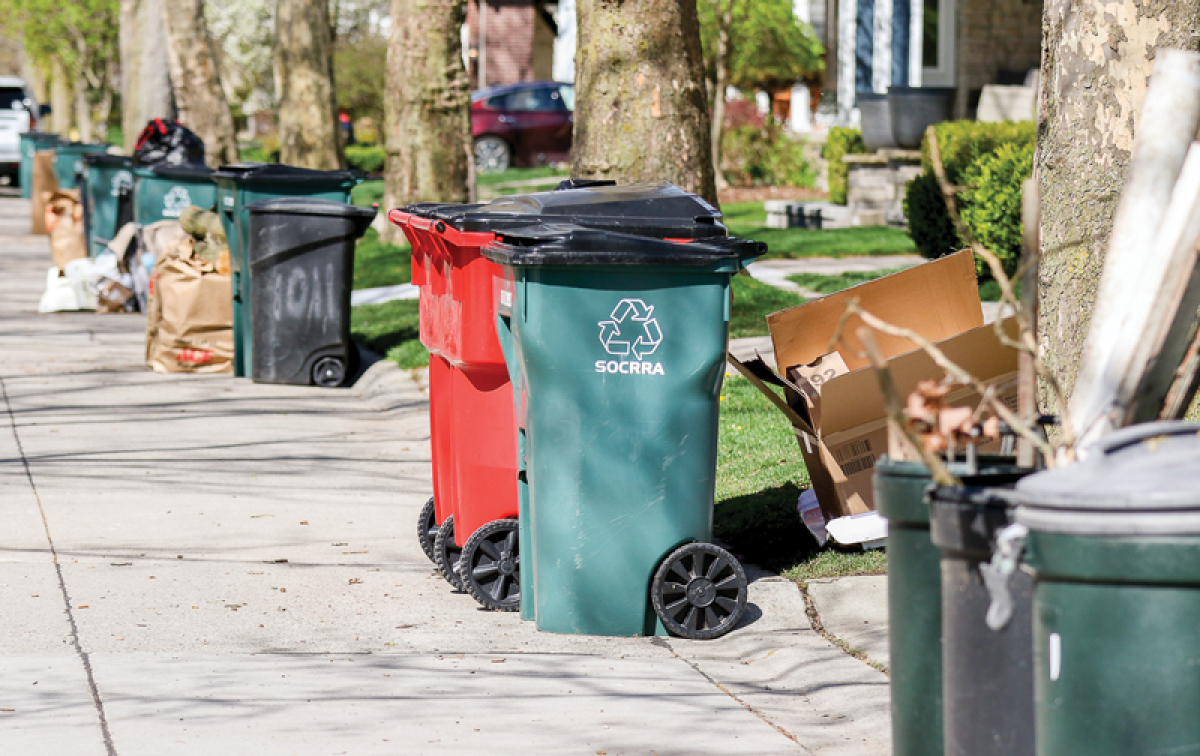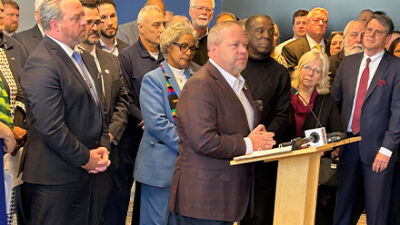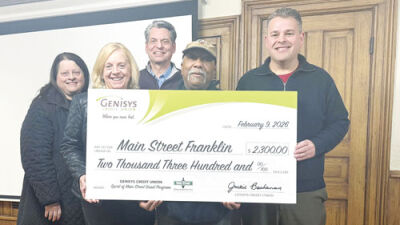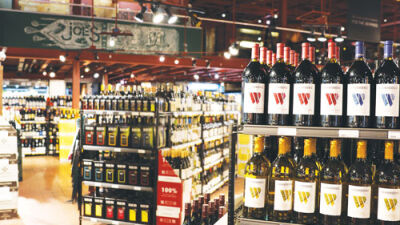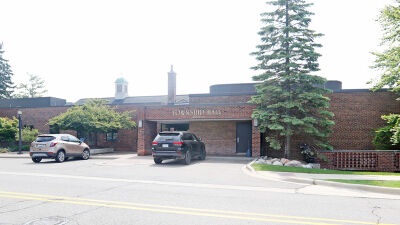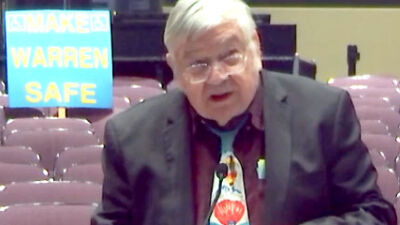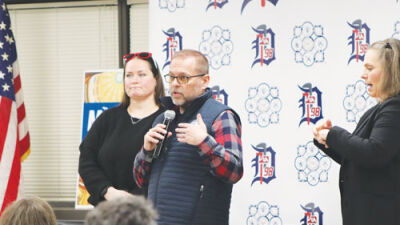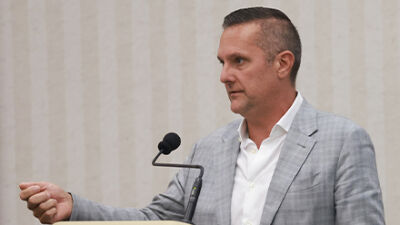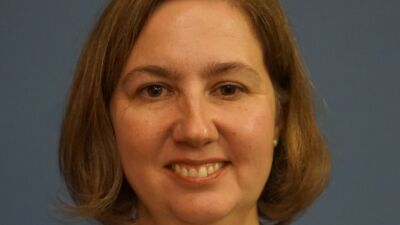BIRMINGHAM — The city of Birmingham recently launched a new survey on Engage Birmingham that encourages residents to share their understanding of the city’s recycling program, their interest in recycling and how they think Birmingham can improve in this area.
The research efforts are in collaboration with the Michigan Department of Environment, Great Lakes and Energy, and the University of Michigan’s Center for Local, State and Urban Policy.
Deborah Horner is the senior program manager for the Center for Local, State and Urban Policy. She is also a Birmingham resident and is on Birmingham’s Ad Hoc Environmental Sustainability Commission.
She said the process began a few years ago, when CLOSUP received a grant from EGLE to conduct a statewide survey of local government officials regarding recycling services that they provide.
From the information gathered in this survey, EGLE was interested in receiving responses on the topic of recycling from individual Michigan residents. Since CLOSUP focuses on local government surveys, they connected EGLE with Michigan State University, who had conducted a statewide survey on Michigan residents about their recycling preferences and usage.
After these two pieces of research, EGLE wanted local governments across the state to have the opportunity to conduct their own surveys of their residents to find out about their recycling preferences and usage. Instead of each local government building their own survey, they decided to build one survey template that everybody could use and send back to EGLE to build a database of what residents in Michigan want out of recycling.
Horner has been in charge of helping develop this template, and the city of Birmingham agreed to pilot the survey.
“This is not just limited to Birmingham. They are the first but, hopefully, of many who are going to take this recycling survey template and run it within their community and gather information from their residents,” Horner said.
Birmingham is currently working towards writing a sustainability climate action plan that will in some way include a section on waste.
“This will further help us, beyond the information we’ve already received, help us understand what our community is really interested in, in terms of of waste,” Birmingham Planning Director Nicholas Dupuis said
Dupuis added that solid waste plays a major role in greenhouse gas emissions. While they are not formally defined currently, the plan will include greenhouse gas reduction targets.
“(It will) further provide a bit of a basis for the recommendation making and the action steps that will come out of that plan,” Dupuis said.
Dupuis said one of the goals of the survey is to see what Birmingham residents already know, and if they can then fill any gaps in communication.
The first question in the survey is “As far as you know, what types of objects or materials can be recycled through services offered in Birmingham?”
Another question asks, “Do you feel you have the knowledge and information you need about local recycling programs to recycle effectively?”
“The next (goal) is if there’s an overwhelming interest in increasing recycling here or interest in new programs from the city government, we can start to look into those,” Dupuis said.
The survey asks, “Are there any recycling services that may not be currently available to you that you would like to have access to?” and “How high of a priority is it to you that Birmingham adopt new or improved recycling programs for unique materials like food waste, electronics, hazardous materials, etc.?”
Horner said that by holding this survey, Birmingham is not only learning about residents’ preferences, but they are also helping CLOSUP understand how to best give this template to other communities so that they can do the same.
To take the survey, visit engage.bhamgov.org.
 Publication select ▼
Publication select ▼